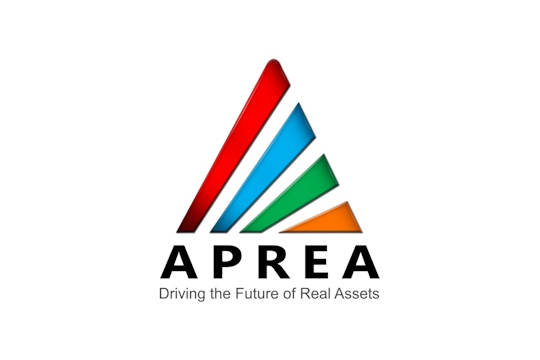We are still confident that we will see an easing of interest rate policies globally as CPI while sticky continues to moderate and expect labour markets in the US, Australia and elsewhere to soften forcing policymakers to respond to unemployment part of their mandate. Year to date, interest rate sensitive names or names that cannot price through inflation have underperformed.
Were it not for the strength in Goodman Group and Japanese Developers the performance of Asian RE indices would have been much worse than minus 6% (-9% REITs only YTD). Goodman Group with its solid earnings underpinned by strong leasing in its core logistics, growing Data Center pipeline contribution and performance fee recognition combined with lower leveraged balance sheet has helped this large cap outperformance the entire sector and is currently roughly 12% of the FTSE EPRA Nareit Asia Developed. Japanese Developers which also are large caps also have performed well in a rising rate environment as the impact from higher interest rates is mitigated by strong asset sales, commitment to higher shareholder return policies and recovering rental markets. Fortunately, we were well exposed to the above since the beginning of the year. REITs especially more passive vehicles have struggled as rate cuts have been delayed and given the weak top line growth for many sectors, higher for longer has led to significant underperformance.
Going forward we remain positive on the winners but admit that they could become funding sources if incoming data on inflation and employment soften and interest in REITs picks up from generalist investors that have currently low exposure to RE and REITs in general. We see generalist investors as the marginal buyers. M&A in Australia once rates peak and decline could also become a catalyst amount the mid-tier names. While the BOJ may remain the outlier regarding rate cuts, we think that if growth slows globally some pressure will come off the JPY and help to solve part of their problems which should also be positive for the JREITs which have lagged significantly since Dec 2022 when the BOJ tweaked its Yield Curve Control policy. However, given the strong outlook for earnings growth and high total return outlook for Developers we think both category of investments in Japan could perform well in the case of global rate reduction and if rates do not come down as we expect then Developers offer more inflation protection. We plan to keep our current positioning with a preference to industrial, residential, and retail (Singapore) along with smaller sector exposure to hospitality and DCs. Within the developers, we continue to favour Japanese developers (over other APAC markets) especially those with strong commitments to shareholder returns and exposure to residential and S Class office.
You can download the full version of the APREA Market Flash here.
